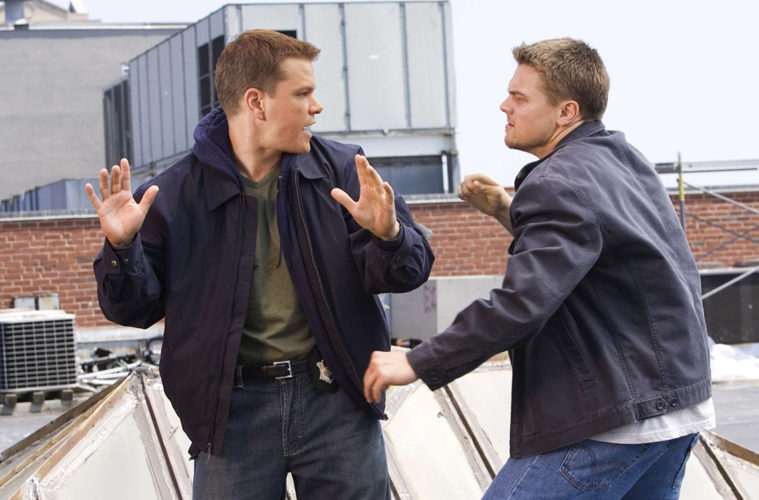
Dailies is a round-up of essential film writing, news bits, videos, and other highlights from across the Internet. If you’d like to submit a piece for consideration, get in touch with us in the comments below or on Twitter at @TheFilmStage.
The Coen brothers will attend the 59th San Francisco International Film Festival to screen Blood Simple and have a conversation with Peter Becker and Jonathan Turell of Janus Films and the Criterion Collection, Anne Thompson reports.
Watch a video of side-by-comparisons for remakes, from Solaris to The Departed:
After reading our feature on The Metrograph, dive into their first batch of articles:
Which is surely why movies about movies are almost as old as movies themselves, as if we felt an urgency right from the start to get a handle on how this incredible medium was reshaping our minds and imaginations. Larger-than-life characters and the stars who play them—alchemized in cinema’s most elusive mystery—colonize our minds to an almost frightening degree. Such is the premise given delirious expression in the reciprocal reel-life real-life shenanigans of Woody Allen’s glorious 1985 comedy The Purple Rose of Cairo. As in its brilliant Pirandellian forerunner, Buster Keaton’s Sherlock, Jr., a smitten moviegoer gets to break the fourth wall, leap into the screen, inject his or her humble self into the action of those tuxedo-wearing nobs.
Watch kogonada’s latest video essay on the way of Ozu:
Ahead of Green Room, they’ve launched their own radio station.
Pacific Standard‘s Rachel Syme on the story of Hollywood’s forgotten feminist crusaders:
Cox’s vision, when she moved to Los Angeles from New York in the mid-’70s, was to make an entire series of genre films, all from a woman’s point of view: a gender-bending sci-fi, a war story with a female hero at the center. She only got as far as making the Western. “I thought, they’re making all the genre movies where the men are the heroes and I want to flip this concept on its ear,” she says. “Looking back, this seems naïve. What was I thinking? But the fact that this seems naïve perhaps says something important about our industry. At any rate, this vision was rejected.”
Watch a video essay on the films of Jean-Pierre Melville:
David Bordwell explores composition in various older formats:
The problem for filmmakers in CinemaScope and other very wide processes is handling human bodies in conversations and other encounters (such as stomping somebody’s butt in an an action scene). You can more or less center the figures, and have all that extra space wasted. Or you can find ways to spread them out across the frame, which can lead to problems of guiding the viewer’s eye to the main points. If humans were lizards or Chevy Impalas, our bodies would fit the frame nicely, but as mostly vertical creatures, we aren’t well suited for the wide format. I suppose that’s why a lot of painted and photographed portraits are vertical.

